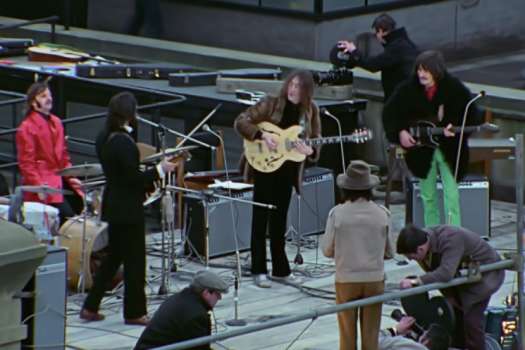Brazilian director José Padilha originally burst forth with his tense, brutal and tragic documentary, Bus 174, a dramatic reconstruction of the highjacking of a Rio de Janeiro city bus by a desperate Carioca with nothing to lose. The film acted as a savvy piece of agitprop, zeroing in its focus on a corrupt system of police, politics and the failure of social welfare. Following that film, Padilha returned with the first Elite Squad, examining the police system and the escalation of violence as the powers that be attempted to clean out the favelas in advance of the 1997 visit by the Pope. With this sequel, Padilha explores the inherent corruption and violence endemic to the police department itself, revealing himself as a director that unflinchingly depicts a violent world with movies that are themselves violent, gritty and slickly produced. Returning is Nascimento (Wagner Moura), who has risen through the ranks to command the "elite squad" itself, BOPE, an efficient and ruthless special police force trained to deal with an increasingly violent, modern, urban Brazil. The opening scenes detail a prison hostage crisis, as left-wing intellectual and activist Diogo Fraga (Irandhir Santos) becomes involved, acting as negotiator between the trigger-happy BOPE squad and the desperate prisoners. As the hostage crisis comes to a bloody end, Nascimento and Fraga act as stand-ins for the two sides of the political conflict as it relates to, as the opening title reads, "Brazil nowadays." Elite Squad: The Enemy Within wants to ideally compete with the Hollywood big boys, as an epic, thoughtful, yet still action-packed action movie, but the film crams in so much information at such a breathless pace that it's ultimately hard to get a feel for the characters. Moura and Santos are excellent as nemeses turned allies, but ultimately their stories become secondary to Padilha's insatiable desire to single-handedly blow the lid off of Brazilian corruption, which ultimately feels like a provincial pre-occupation. There's enough material here for a Brazilian version of The Wire, but even compressed, Padilha manages to get the pulse racing. Supporting the film is an excellent and thorough making-of documentary that details not only the methods of production, but also expands upon the backstory. It's highly recommended as a post-film supplement.
(VVS Films)Elite Squad: The Enemy Within
José Padilha

BY Bjorn OlsonPublished Feb 25, 2012



